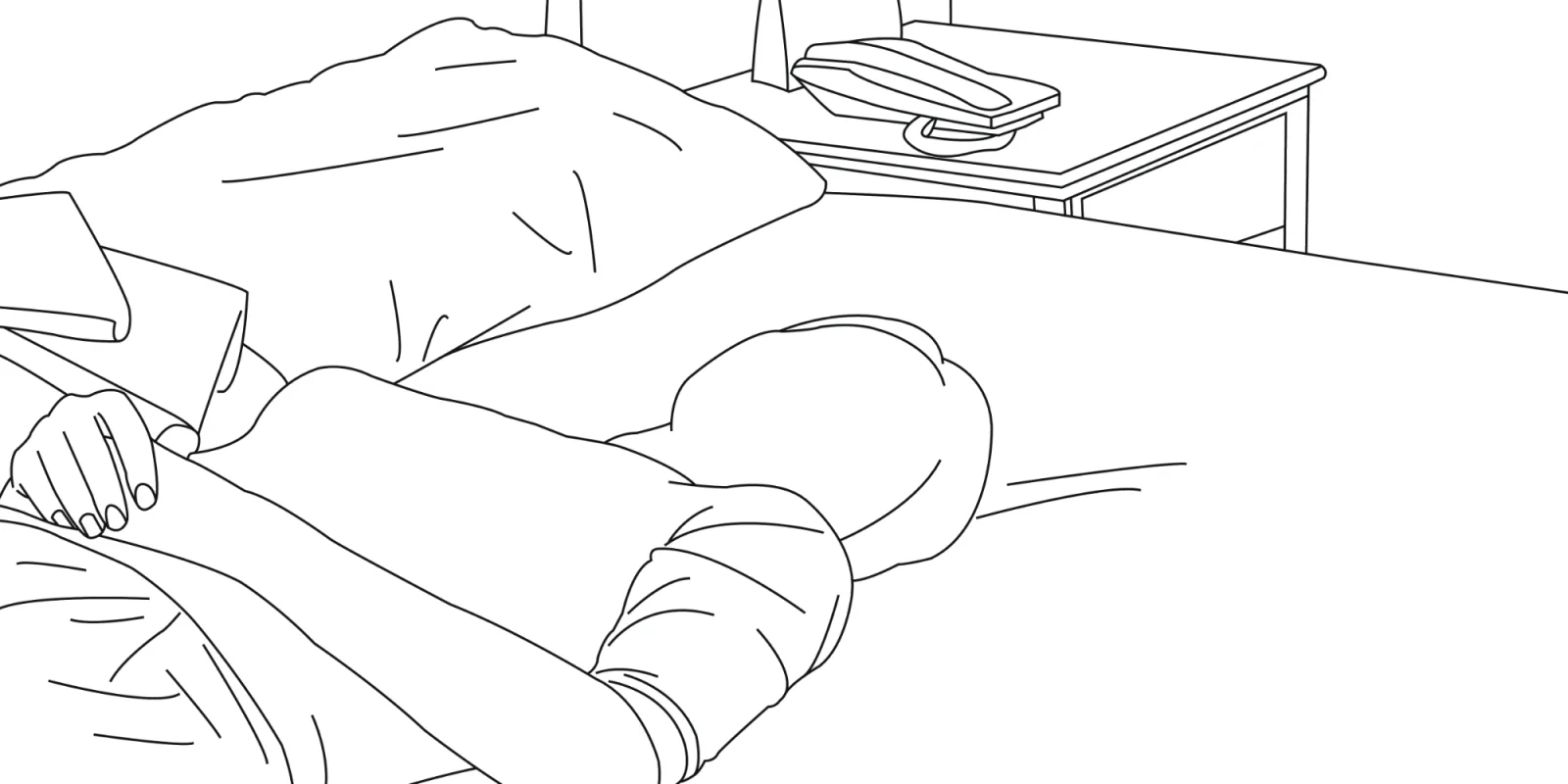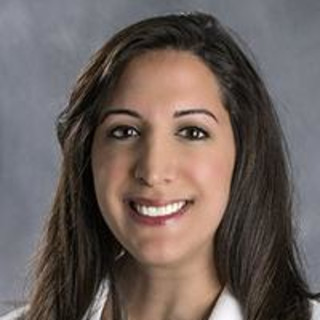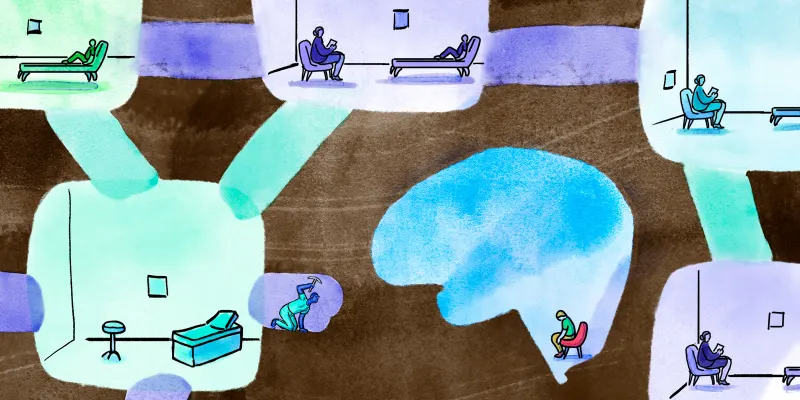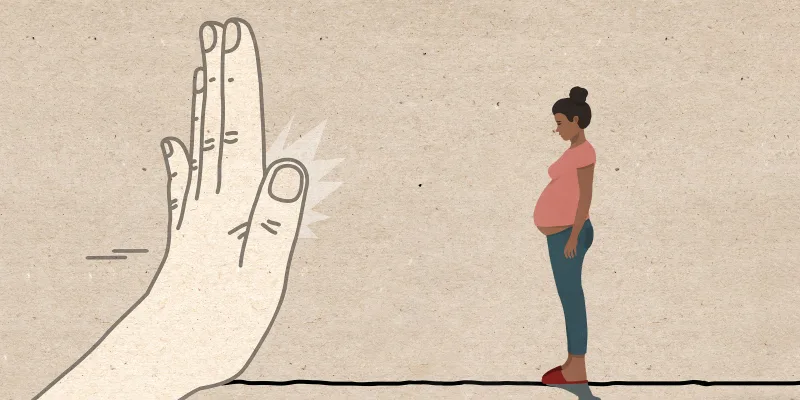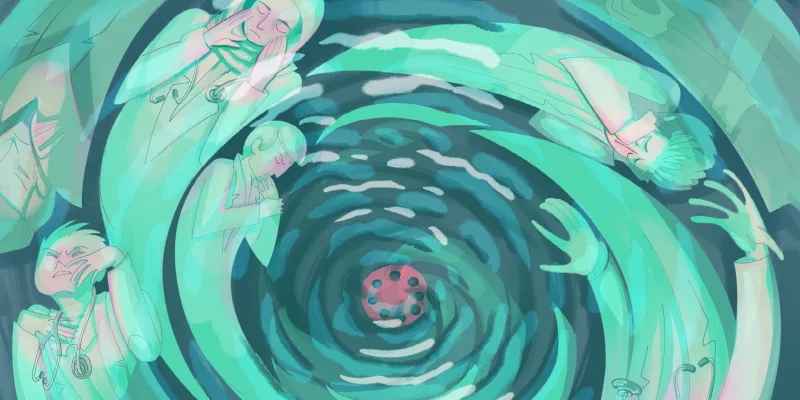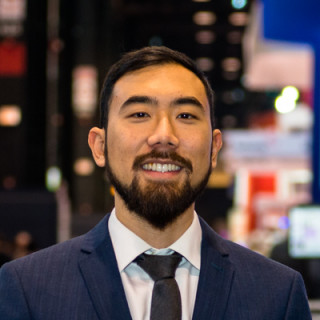
I laid there, on a small cot, staring at the white walls. It was midnight in the hospital. I was not a doctor. I was not a patient. I was a visitor. My older sister, diagnosed with stage 4 Hodgkin’s lymphoma, had just completed a stem cell transplant at our local children’s hospital. Our night, interrupted by the infusion line beeps, nursing checks, and early morning rounds of the Oncology team was a stark contrast from the sleepovers we used to have at home. During the day we watched television and decorated her room with family photos and magazine clippings of our favorite pop stars. At 17 years old, my sister was one of the oldest patients on the unit. She loved children and art and dreamed of being an art teacher so naturally one of her favorite things to do was share her talent with the younger patients. Their tiny faces would light up when my sister would deliver them a drawing. A simple moment of pure joy seemed to erase days of sickness and suffering. If only it were that simple.
Walking the halls of the unit, we would glance into the rooms occupied by these children. Their families sat alongside them patiently waiting and hoping. Like us, they tried to pass the time doing normal things, but nothing was normal about spending your childhood enclosed within the sterile walls of a hospital.
At the end of the hall there was a room with the sign, “Doctor Call Room.” As an aspiring doctor, I was always intrigued by that room. One day, the door was left ajar, revealing a room no larger than a coat closet; just big enough for a small cot and a desk. The call room, lonely and dim, ignited a spark within me. I thought about how one day I would like the privilege to stay in that room. I thought of the doctor as the night watchman for the sick children down the hall. To me, that little room represented something greater. It was a symbol of sacrifice, dedication, and responsibility. A calling.
Flash-forward to a decade later and my first night on call as an intern. After an exhausting shift, I decided to retreat to the call room. I walked down the hospital hallway and into a small room just big enough for a cot, desk, and computer. I placed my pager on the desk and laid down, hoping to catch a few moments rest. Before closing my eyes, I took a moment to look around the room and marvel at how similar it looked to the call room I had caught a glimpse of so many years before.
At that point in my training, I had already spent many hours in the hospital, but this night felt different. Alone to reflect, the call room became more of a recall room as memories of my sister flooded in. I thought about how hard she fought to survive and how proud she would be to know that I had become a doctor. I thought about how much medicine has changed since her diagnosis and wondered if modern medicine could have saved her. I thought of the other children in the unit and if they ever got to grow up to be adults. I thought of the medical residents and fellows who cared for my sister and wondered where their careers took them. I thought of myself as a scared adolescent who had suffered an immeasurable loss. I thought about how it changed me, how it guided me in this direction.
In that moment, in that little call room, I was transformed. I laid there, on a small cot, staring at the white walls. It was midnight in the hospital and I was a doctor.
Angela Seabright is a Family Medicine physician and clinical assistant professor at Oakland University William Beaumont School of Medicine.
